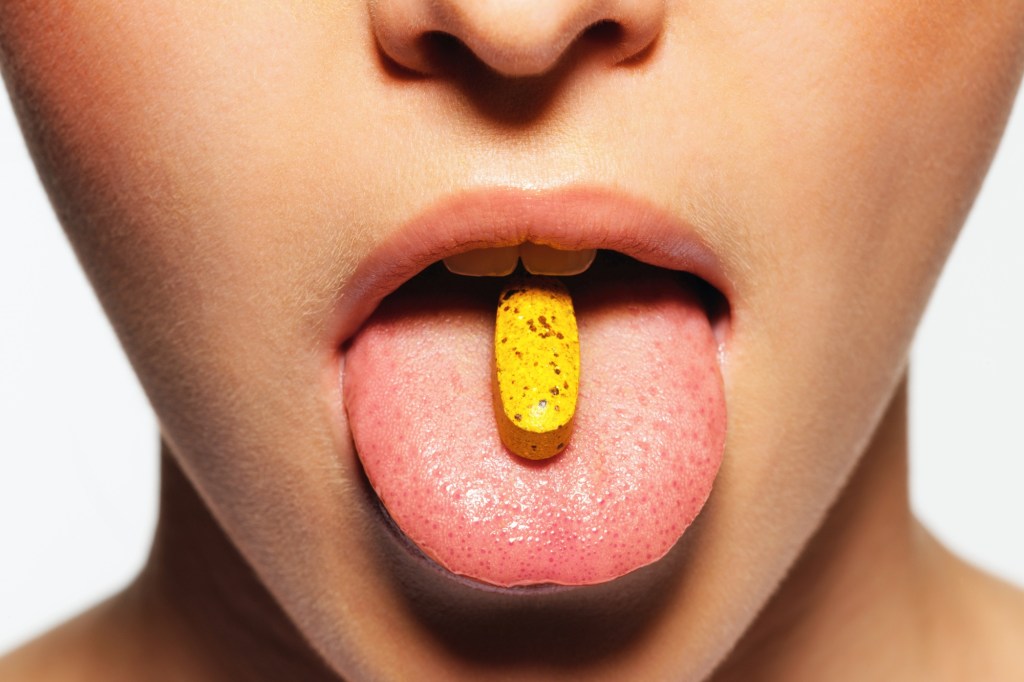Apphia Kumar is the first known bisexual person granted asylum in the US. Currently, she runs the Queer South Asian Collective for LGBTQIA+ people of South Asian diaspora in Boston. In a post written for GLAAD in honor of Bisexual Awareness Week—which runs through September 24—she offered a glimpse of what her journey has been like resettling in a new country, particularly as a bisexual immigrant who was told she should ignore her identity if she wanted to be granted protections.
“The last four years have been overwhelming and powerful,” Kumar wrote. “I have gone from not having my own bed for about a year, to living in someone’s basement, to having my own room in my own home only to be unable to cope with normal life, as my PTSD kicked in. I’ve stayed in bed, unable to physically move because of how depressed I was to being so weak I couldn’t stand without blacking out for a few seconds because I’ve been so anemic, my body couldn’t keep up.”
Videos by VICE
Read more: One Third of Americans Uncomfortable with LGBTQ Colleagues, Study Shows
Though Kumar’s story of immigration is unique, researchers say that mental health struggles among bisexual individuals facing mistreatment and discrimination for their sexual identity may not be. Building on previous research relating to LGBT health, a study published in Prevention Science last month found that people who identify as bi too often face discrimination from both the heterosexual and gay and lesbian communities, and that resulting isolation puts them “at higher risk for poor mental health outcomes.”
According to the study, bisexual individuals face stressors and stigma that are unique to their community, such as being “perceived as immoral and unstable,” or “stereotyped to be confused about their sexual orientation, hypersexual, and sexually promiscuous individuals who are more likely to transmit sexually transmitted diseases.” To get a better understanding of their experience, researchers surveyed 503 bisexual adults ranging in age from 18 to 64, and focused on whether there was an association between feelings of depression, anxiety, and suicidality and loneliness.
Not surprisingly, researchers determined that experiencing anti-bisexual prejudice, internalized heterosexism, and identity concealment was, in fact, pretty isolating. As a result, the study states, these findings “underscore the importance of targeting bisexual-specific minority stressors as well as loneliness in preventive interventions to improve the mental health of bisexual individuals.”
Ethan Mereish, an assistant professor of health studies at American University, is the lead author on the study. He tells Broadly that their findings, at the very least, help to validate the experiences of bisexual people. “The broader implication of the study for bisexual individuals is to know that they’re not alone. And actually, research shows that there are a larger number of bi people than there are of lesbian and gay individuals. So despite what people might say or what stigmas are out there, there actually are a lot of bisexual people out there—it’s just harder to find that community.”
For More Stories Like This, Sign Up for Our Newsletter
That’s why campaigns like Bi Week or Bi Visibility Day, which is September 24, are so important, Mereish says. “One of the experiences of stigma or oppression around bisexuality is that it’s not a real sexual orientation or it’s a phase. So having bisexuality acknowledged in a positive light, as opposed to a stigmatizing or negative light as often portrayed in the media, can hopefully help in changing people’s assumptions about bi people.”
“I think it’s a step in the right direction,” he continues. “I don’t think one day or one week is enough though. These types of efforts need to be sustained the rest of the year. So, increasing education and awareness and sensitivity and positive images of bi people are going to be really critical to changing people’s stigmatizing attitudes and also creating community and inclusiveness of bi people.”
More
From VICE
-

(Photo by John Lamb / Getty Images) -

-

Cole and Calvin, cousins, 2017. All photos courtesy of the artist and Dallas Contemporary. -

(Photo by Wojtek Laski/Getty Images)
